A comment I’ve heard quite a bit from people who’ve met me is that I seem way too nice to have crafted such a dastardly novel as ASHES or be as fascinated by the evil that people do as I am. By and large, this is true; I try to be very polite, always. I keep a lid on my nasties and a proclivity toward snarkiness. Life is hard enough.
Yet I’m very focused on snarky at the moment. The psychology of snarkiness–being so very hypercritical–is probably related to envy and self-esteem. We’re all familiar with how people seek out the vulnerable and put down the less fortunate so they can feel better about themselves.
I think that’s related to my latest bout of the ugly green envies. (Snarkies, by any other name, would be as bilious.) At the moment, I’m in the middle of a book that is by turns fascinating and maddening. It’s by an author I both admire and really, really envy, so I know that I’m going to be like Usher in that old Poe story: liable to vibrate at the slightest puff of ill wind.
Here’s the thing: the book is much, much better than the last by this same author. Much better. It’s just a better story. The characters are well-drawn. There’s not a caricature in sight, a real problem in the last book. (Which I never managed to finish either: this bothers me no end. I just lost interest. I could see where the story was going, and I didn’t CARE. That bothers me, but I let it go. Not even the gods get it right every time.)
But . . . this story’s not quite believable. That is, I keep getting booted out of the narrative for a variety of reasons: the main protag doesn’t sound as if he’s the age the author claims; for a guy supposedly that young, there are NO contemporary references; the protag cares about something that I find exquisitely difficult to believe a guy his age would either care or know much about; at a crucial point in the narrative–and out of the blue–the guy starts spouting contemporary expressions he NEVER thinks in and hasn’t used before . . . I could go on. It’s simply maddening–and I think I find it so much more upsetting because where I could forgive this author for not grabbing me the last time, I think I’m pissed because I’m half-grabbed: invested enough to plow through and yet upset enough that I wonder why I’m bothering to continue.
If it sounds as if I’m having a real teenage moment here–right on, bro. You know the one where you discover your parents aren’t perfect, and then you get pissed? Like . . . what the hell, who are you to tell me what to do? You know where that feeling comes from, don’t you? Every kid needs to feel protected. Every child has to believe a parent can do anything because that is, in part, where a person’s confidence comes from. I’m not putting that well . . . but what I mean is that if you don’t believe, at heart, that you can do anything, it’s really hard to leave the house, find a job, struggle through life. Kids and teens can seem quite infuriating because, for them, it IS all-about-them. It has to be, a little bit at least, because if you have no store of grandiose self-worth, there’s nothing to give to anyone else and no incentive to do so either. You really can’t be forgiving because to do so–to give someone the benefit of the doubt–implies that you can absorb hurt and disappointment and life will not come to an end. Forgiving doesn’t mean that one must forget, but you have to get past the hurt, too. For a ton of kids, getting hurt really HURTS; there’s no sense of future or that they’ll pull through and this will not be the worst thing that ever happens to them. That is intimately related to self-worth: how much they’ve got in that emotional bank account.
This translates to the rest of life, too. As a trainee, I was always trying to one-up my teachers; I was an infuriating intern, I know, and I could bluster with the best of them. But that was much more related to my insecurities than their inadequacies. It is harder to admit to not knowing something than to pretend you’ve got that covered, thanks. Admiting to inadequacy is like that bad dream of coming to a math test unprepared. Fear of failure–worse, knowing that you just might be–is a powerful incendiary and sparks a bad case of the snarks every time.
As a reader–and a writer–I’m on the same emotional seesaw, caught between admiring the craft and being completely pissed that what this writer can get away with, I never would. And that, I think, is the crux of it, this unwelcome case of the snarkies: this is about my sense of worth as a writer. I want to be as good as this author, and I know I never will be. This writer is WAAAYYY up there, at the tippy-top of K2 where the gods live, and I’m still struggling to get much above base camp. Now I also know that I am being overly dramatic and part of my snarky is related to over-valuing this writer, kind of like, well, a parent, right? So my sense of disappointment is only that much more pointed, and I can’t be an impartial judge.
The take-home, if there is one, is this: struggling through snarky is much harder than simply giving in and going with the impulse to see only the dead tree in the woods. Writers are fragile creatures. Like teens teetering on the threshold of adulthood, we need to believe we know what we’re doing. It takes courage to write something and then send it out there to get hammered and rejected. Every submission feels like the first time. Every rejection still hurts. We are apt to read other books where we just can’t see what all the fuss is about–and our job is harder because we have to be honest enough with ourselves to know when we’re reading through the green spectacles of envy, or when the anger and annoyance we feel is disproportionate. There is no earthly reason why I should be SO torqued about this book. I mean, for heaven’s sake, it’s just a STORY. But it’s the baggage I bring TO the story that influences how I read and what I take away. Snarkiness has a real weight to it, and as a writer, I frequently have to shuck that sucker.
Does this mean I shouldn’t be critical? Of course not. Snarkiness aside, I really do think that there are a lot of places in this particular book that just don’t work and feel inauthentic; the premise is one I really don’t care about. It’s a non-issue for me, one I simply don’t get or see as that relevant, and I recognize that as private taste. Those are good takeaways for me. But what also stands out in this book is the complete command this writer has of the craft. Understanding how this author does this is worth putting aside doubt. It’s like looking at a parent and saying, okay, I don’t really like how you did that, Dad, or Mom, I think I’d put more salt or a different spice in that casserole. How I feel shouldn’t invalidate what is good and what works in that casserole–or this narrative. In other words, a kid shouldn’t become his or her parents, and I have to continue to become my own writer with a unique voice.
A lot of work to overcome envy and irritation? Oh, you bet. But who said that this work was easy?
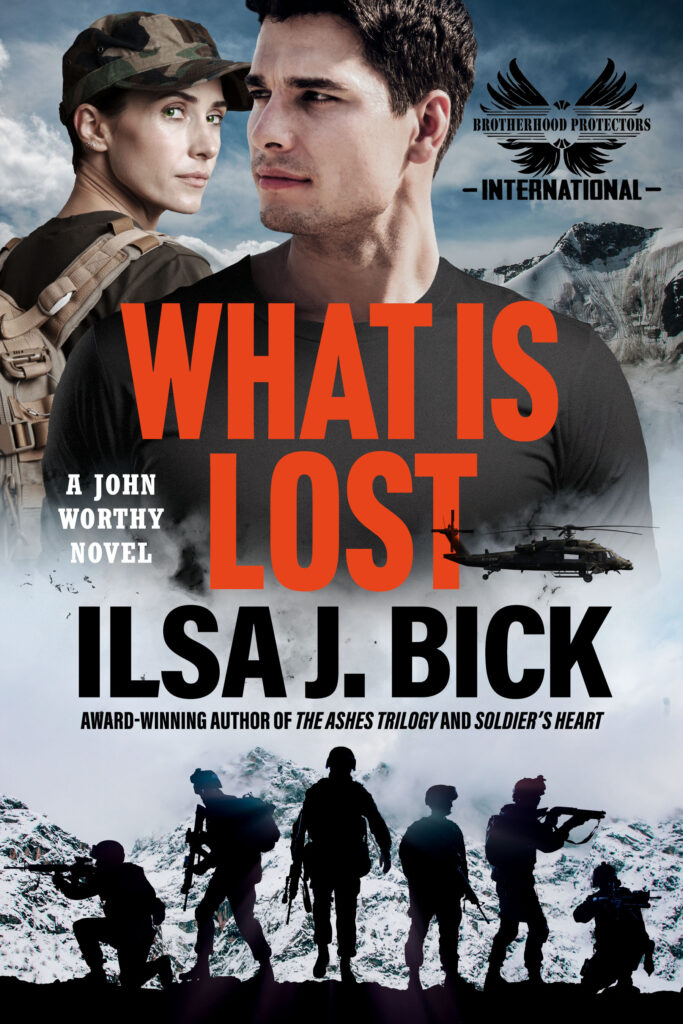
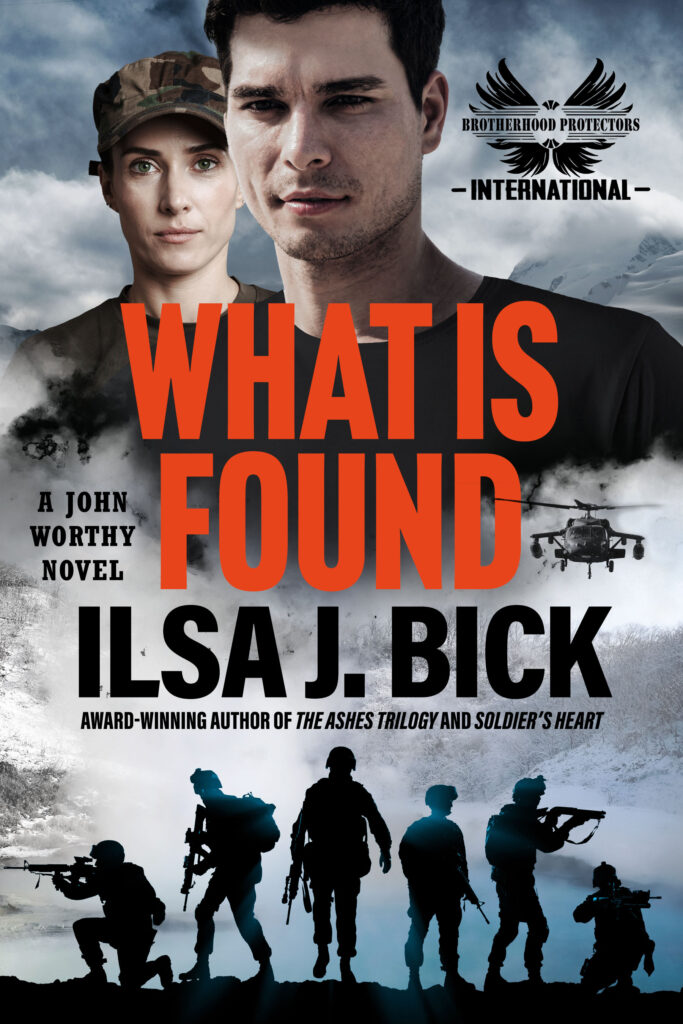


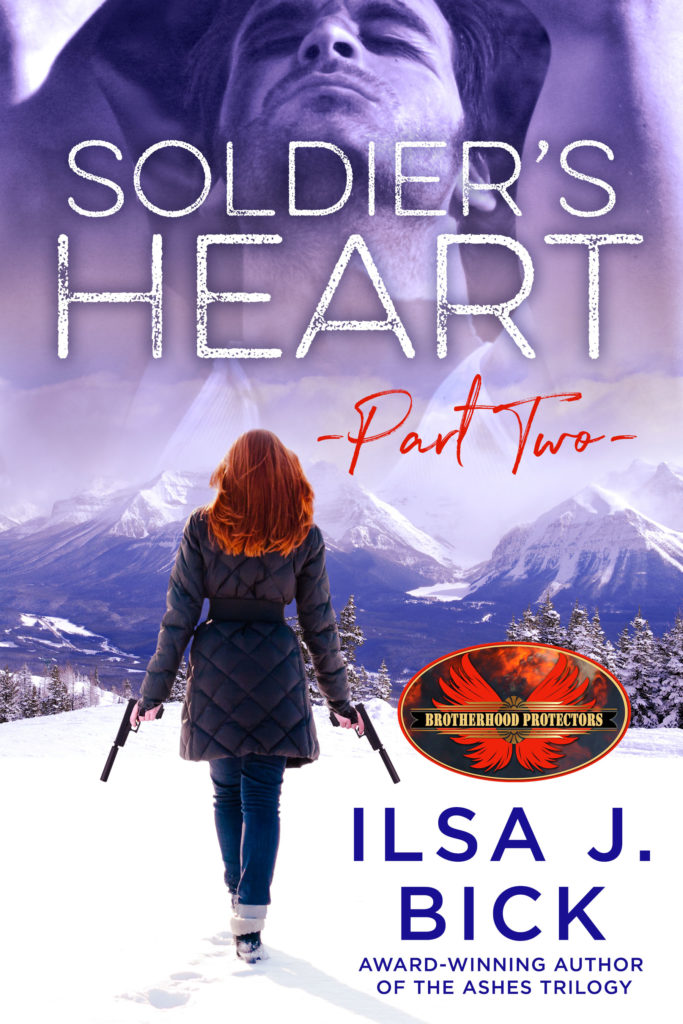


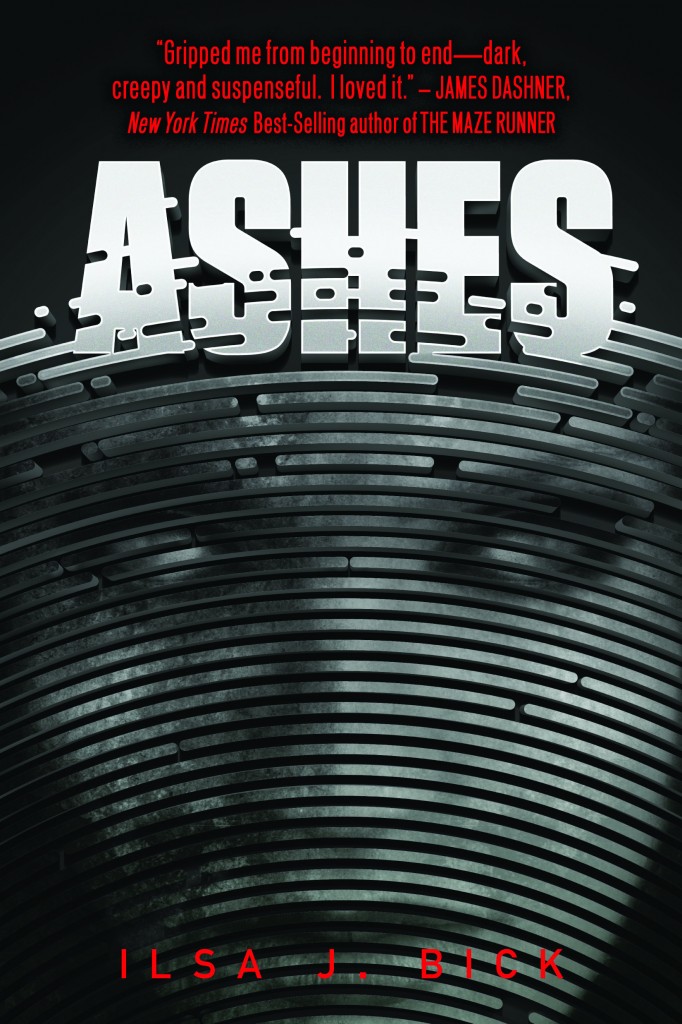
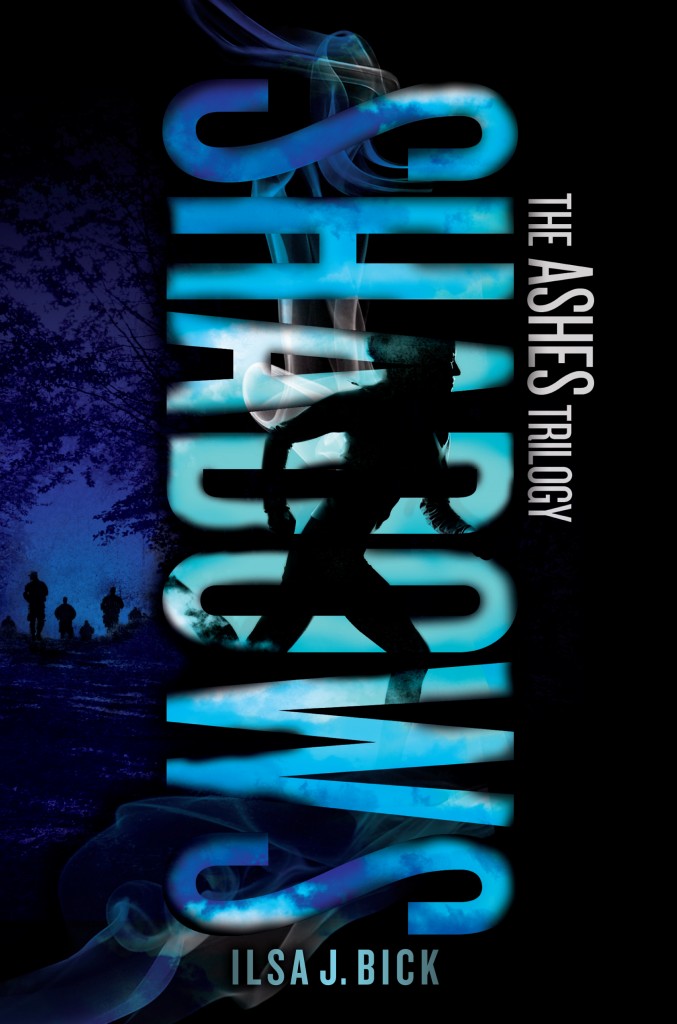
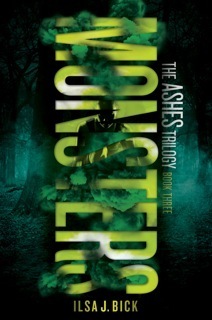
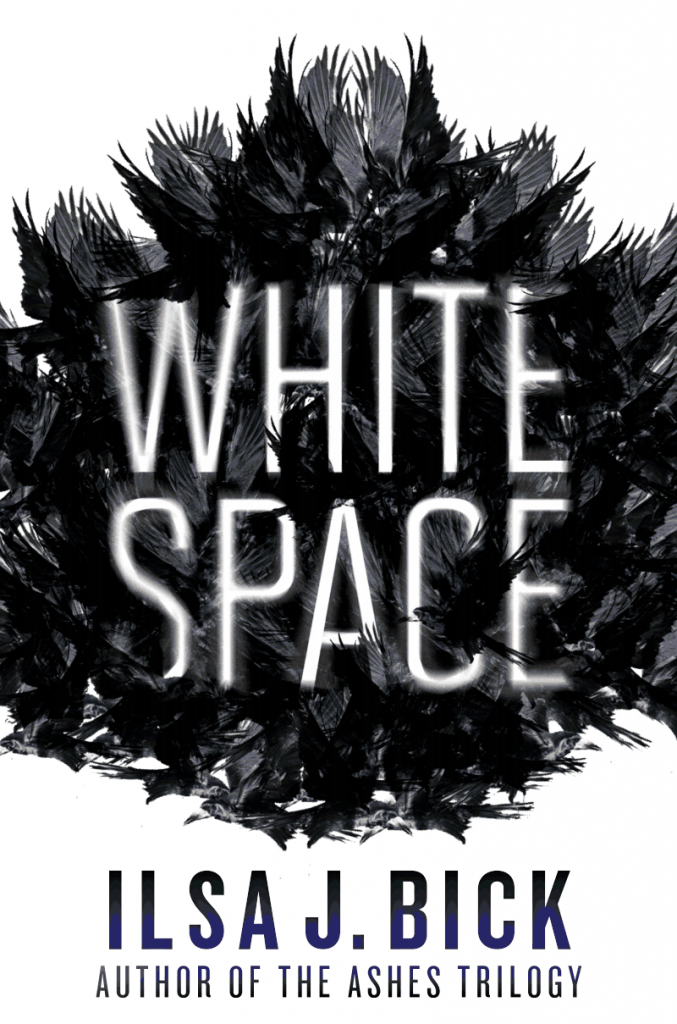
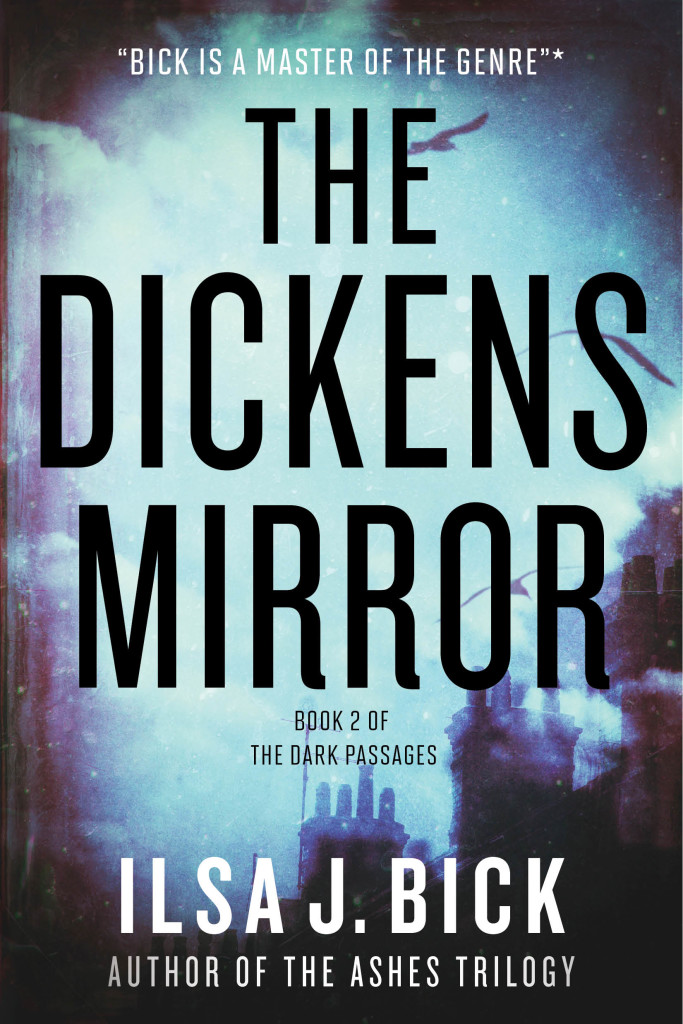
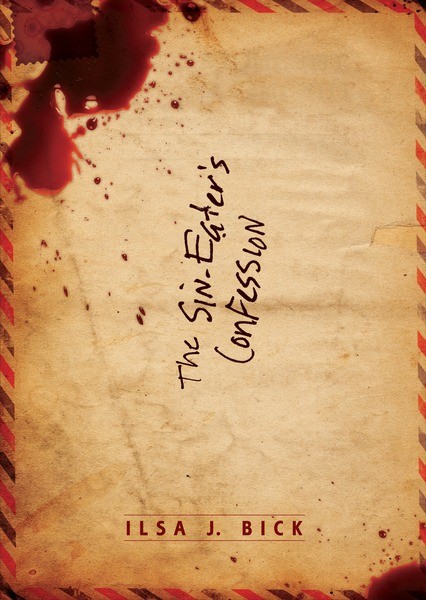
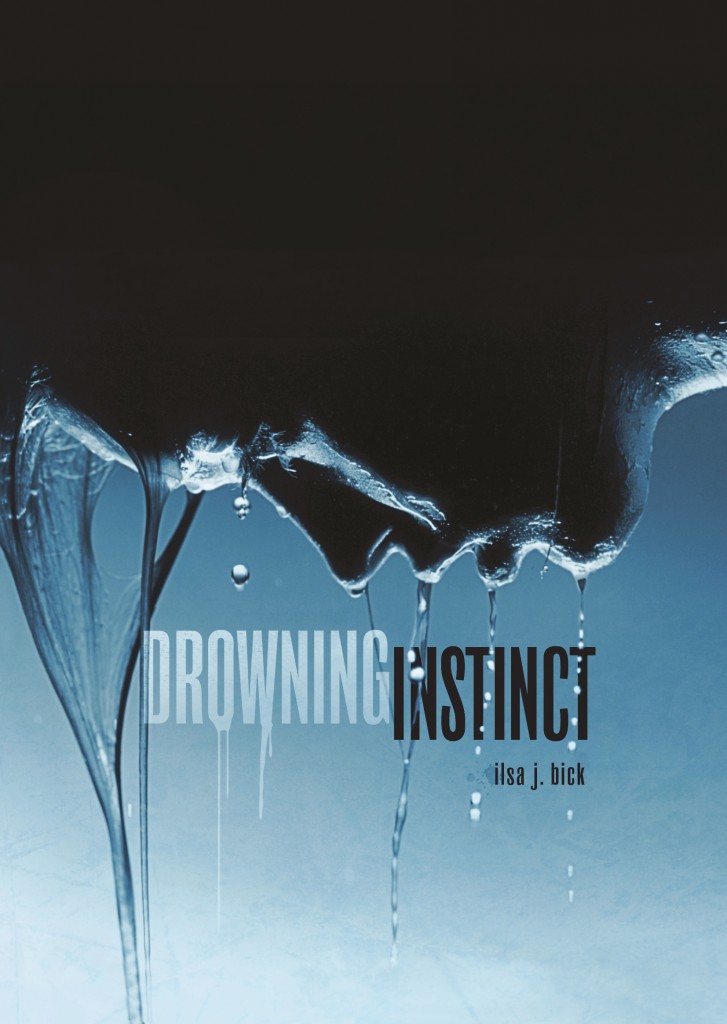
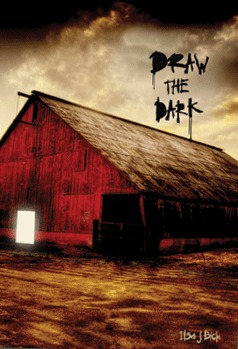
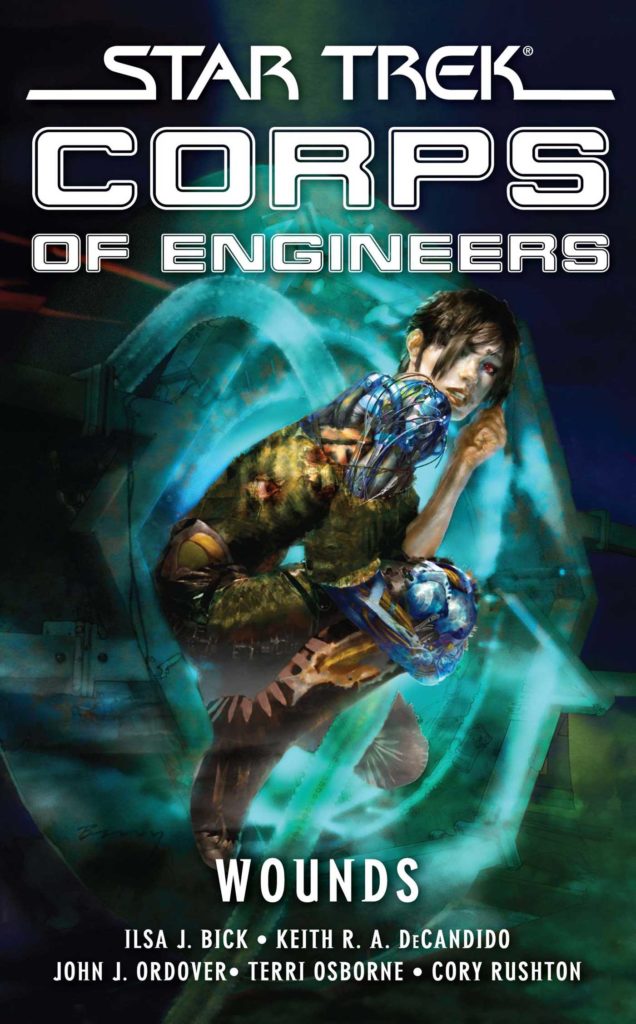


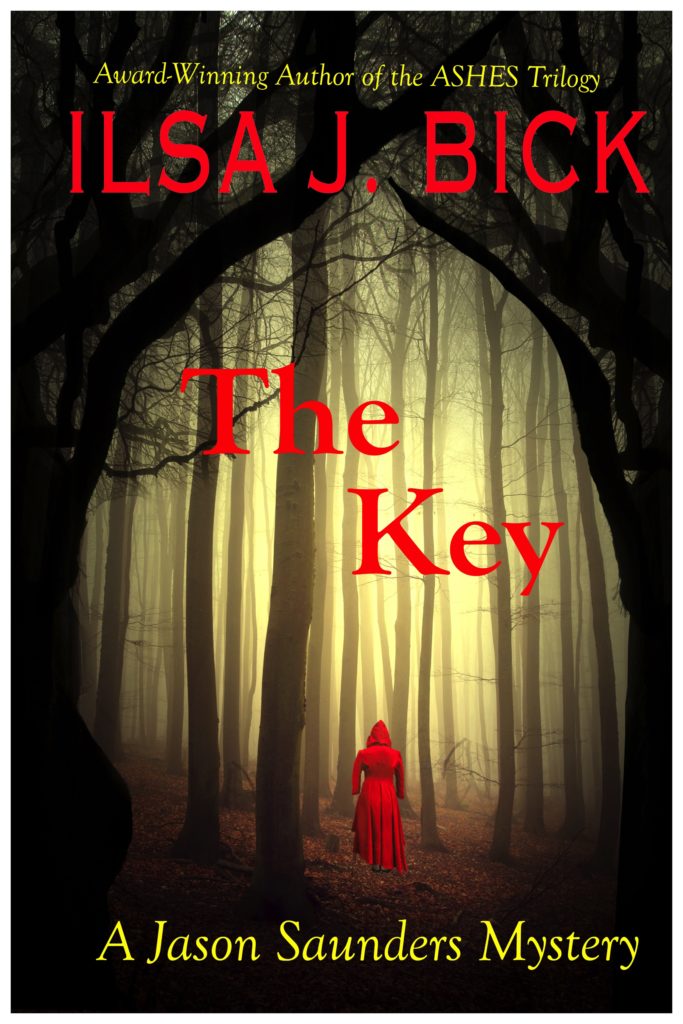
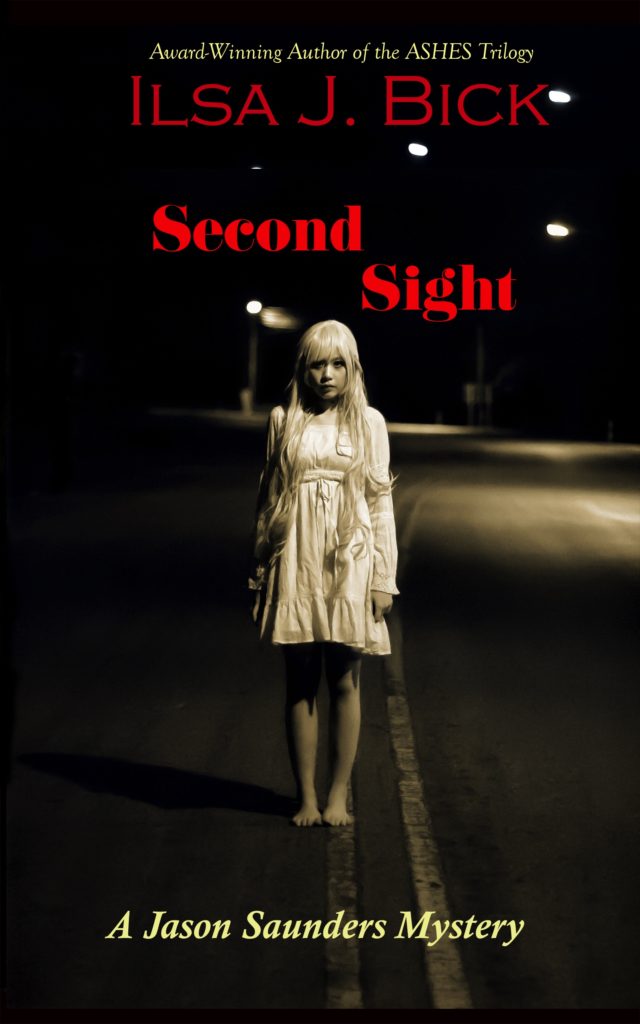
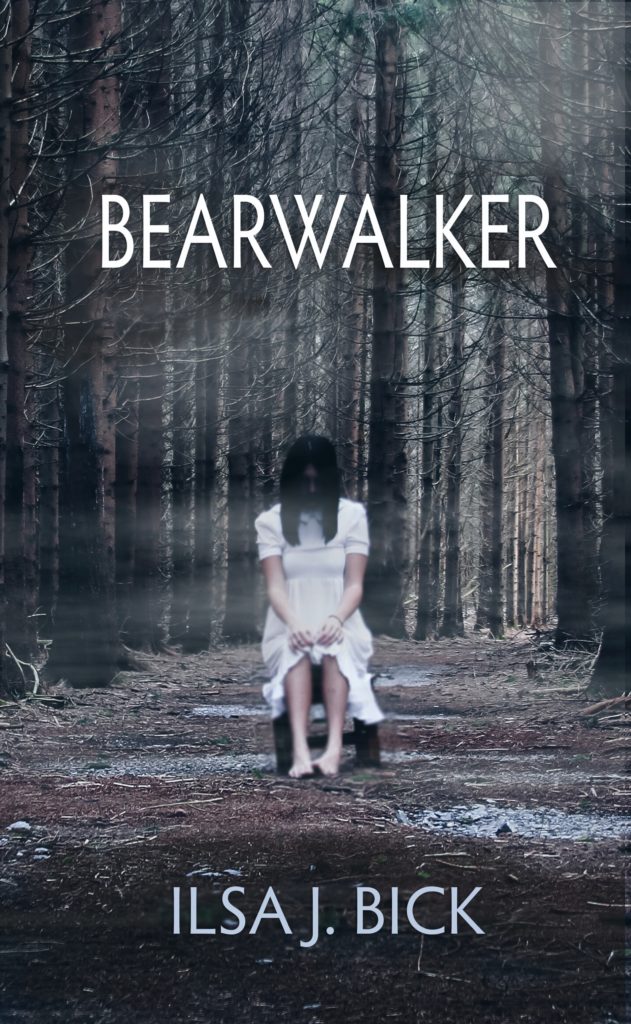
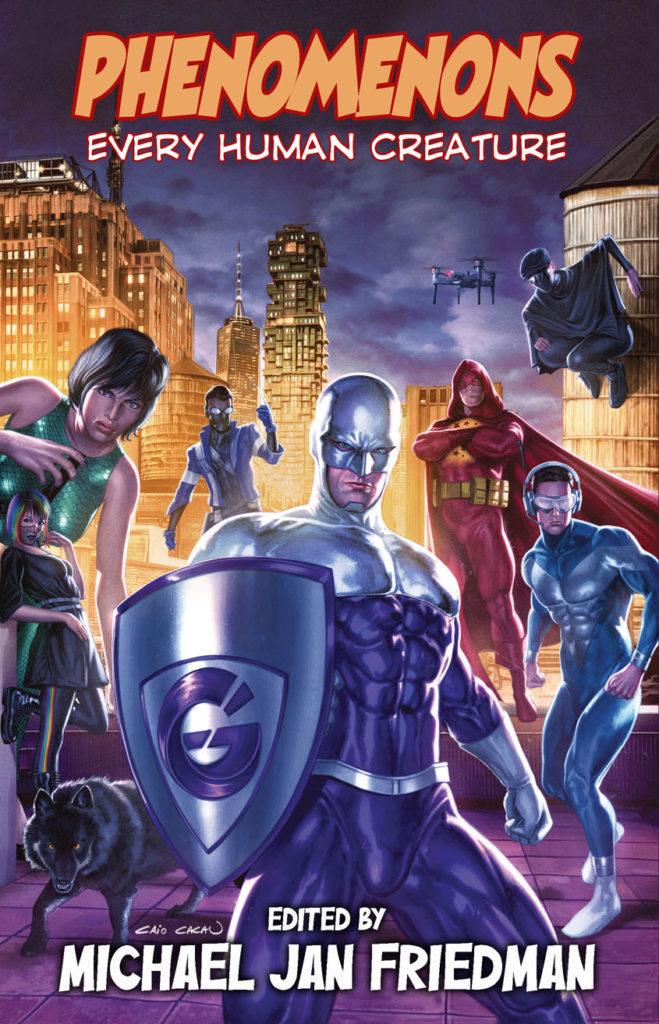
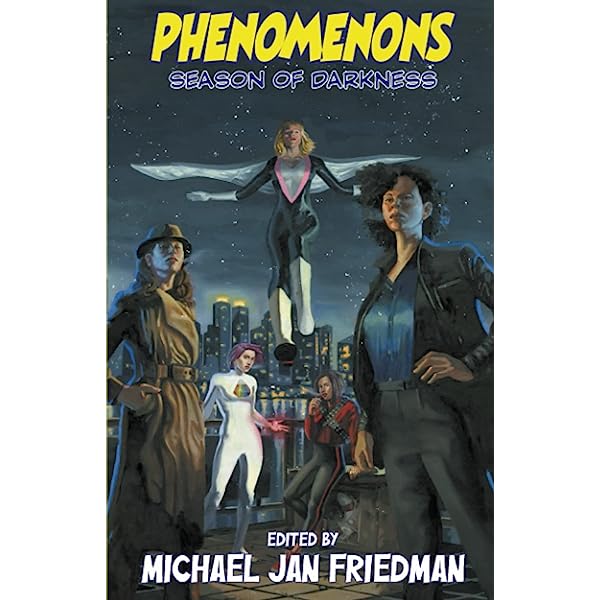

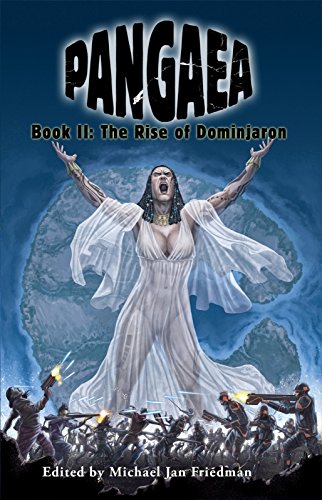
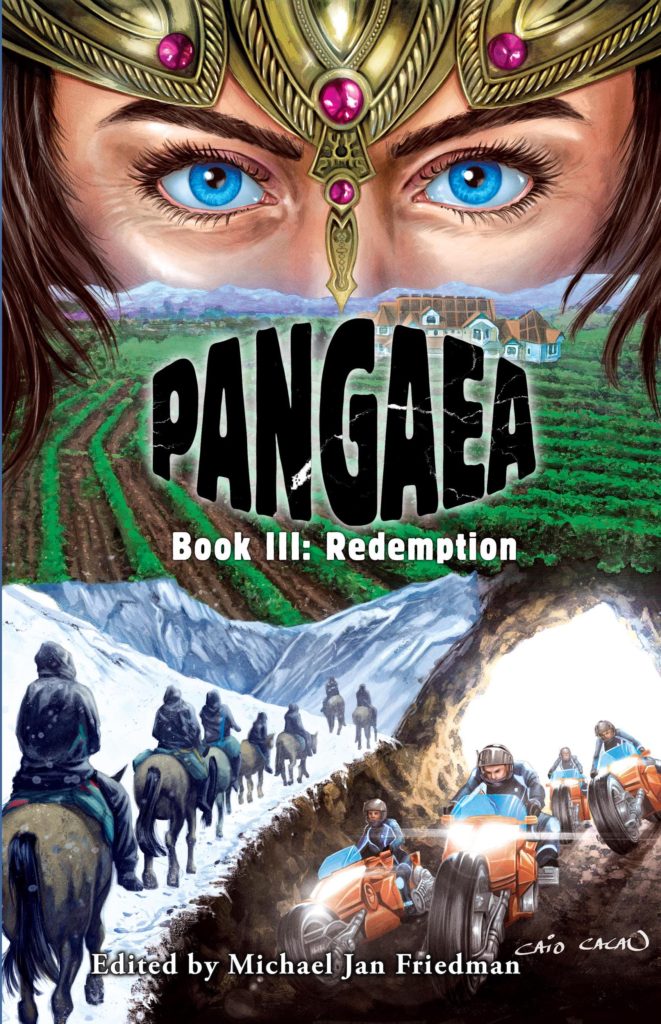
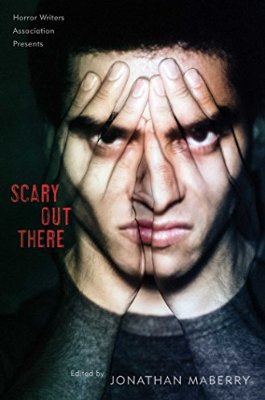
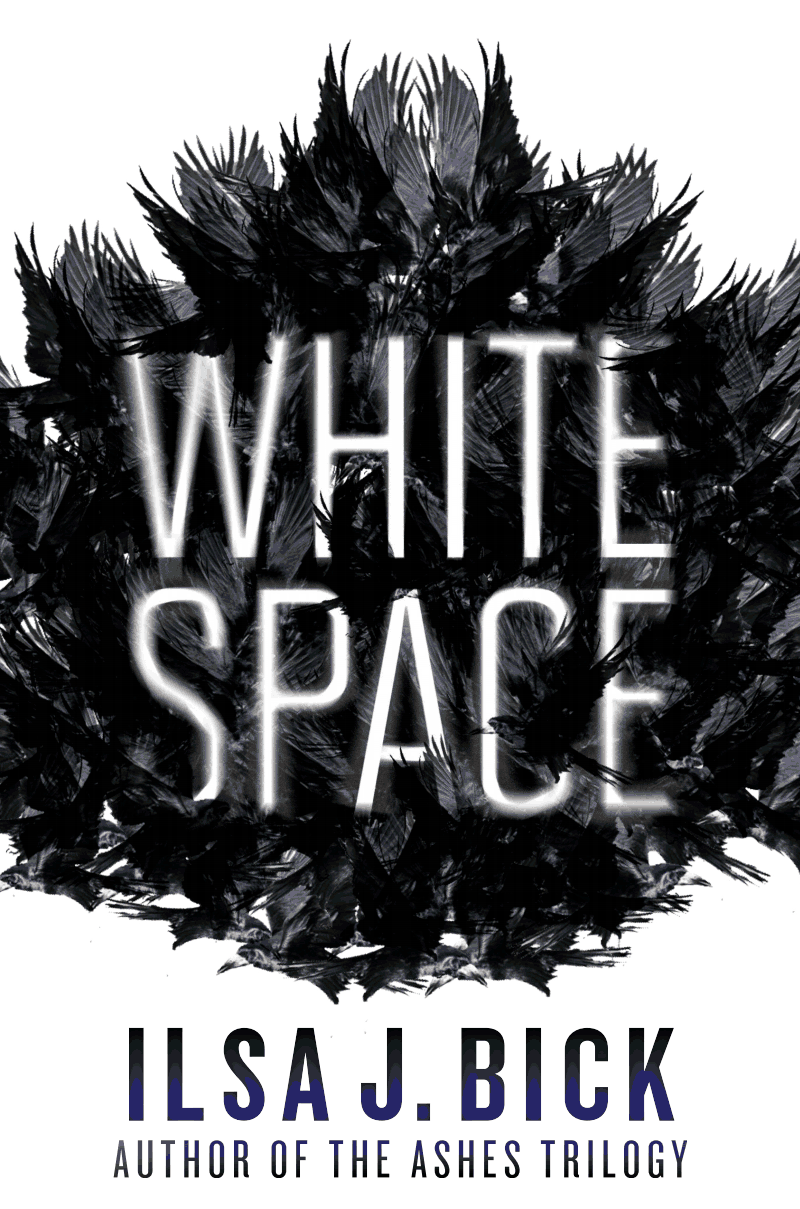
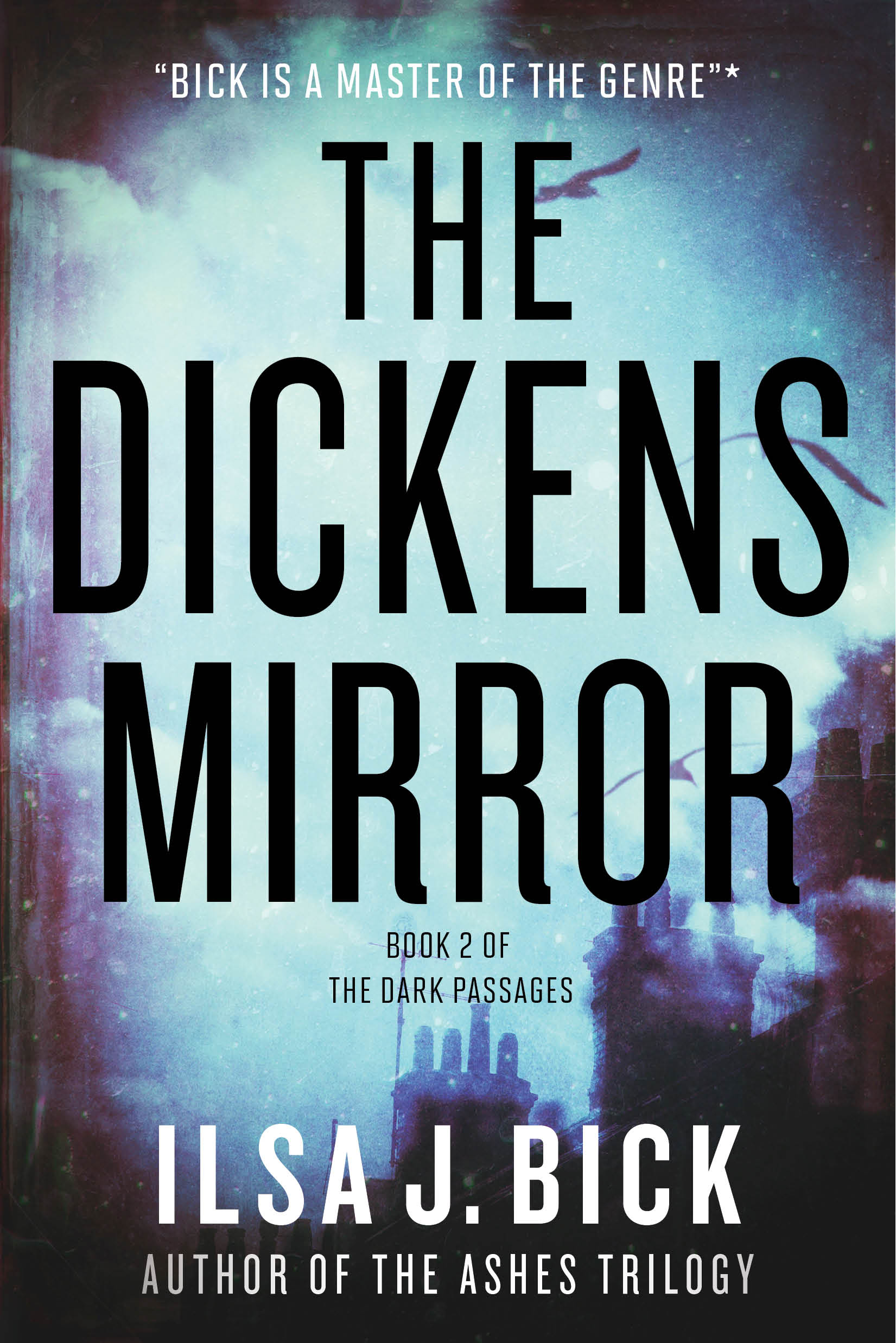
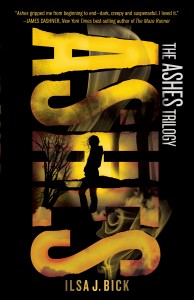
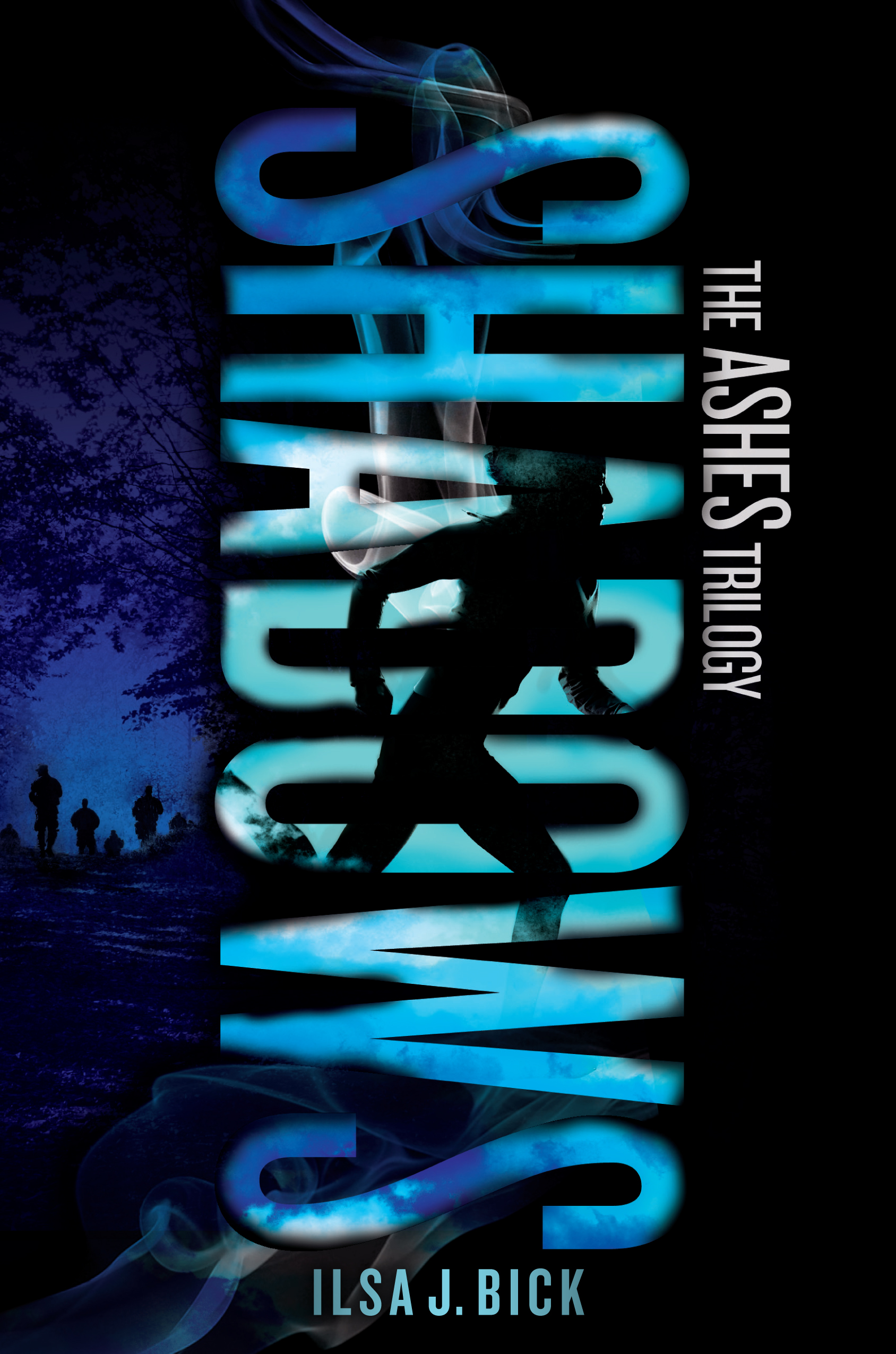
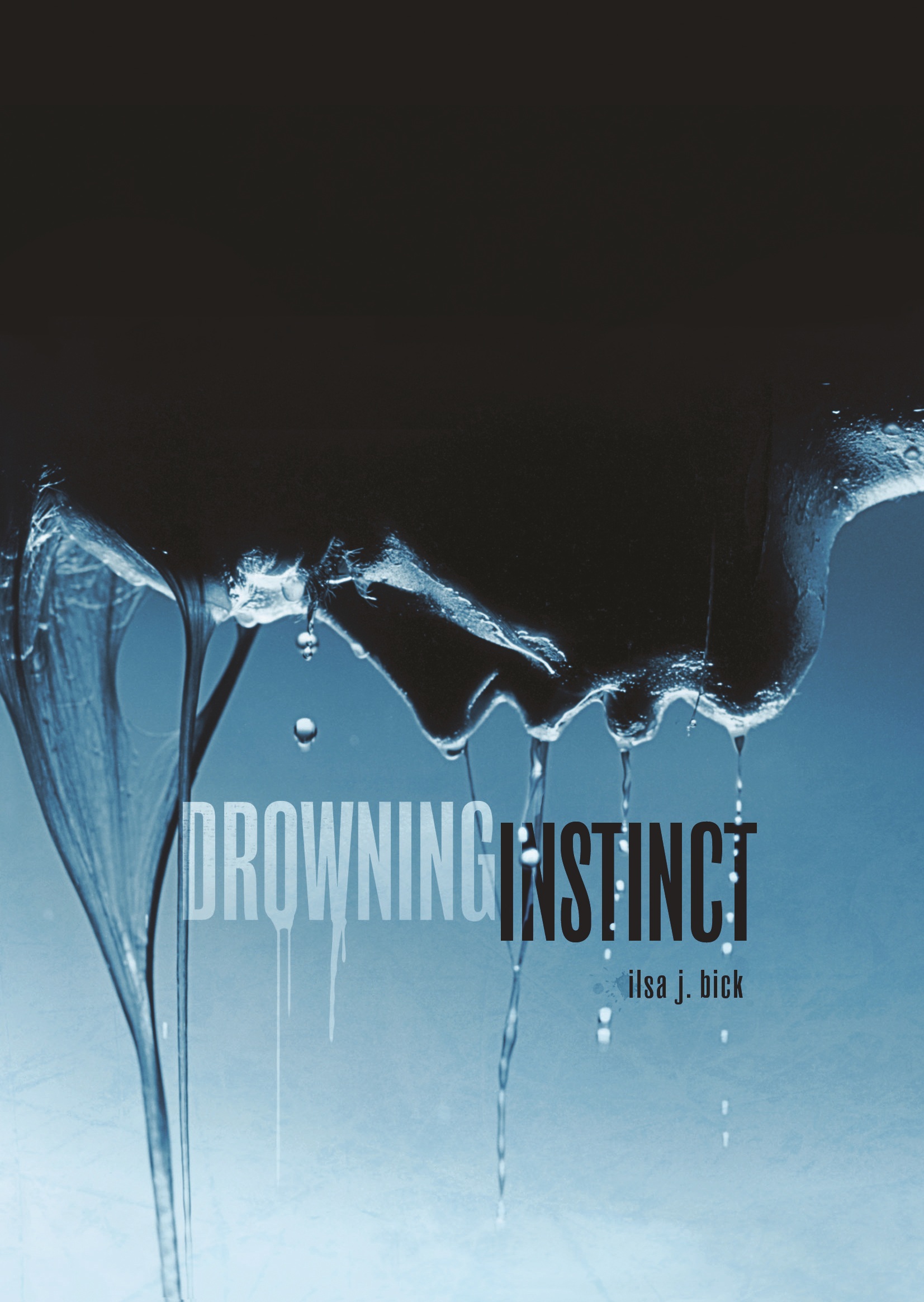
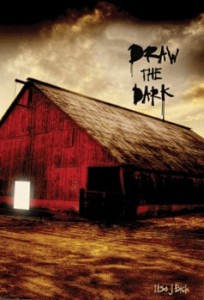
Thanks for the insightful and honest post, Ilsa. I have to work to get over my own snarkies too.
Yup. It’s a struggle. :
Well said. I find myself getting snarky when I read something that is scientifically inaccurate, and I see now that some of that comes from my insecurity over my scientist cred after leaving the lab lo these many years ago.
And this post clarified something about my teen protagonist. I need to go revisit his snark.
Yeah, snarl is a kicker, ain’t it? Glad it helped.
Sigh. I meant SNARK. Stupid smartphone.
just finished reading Ashes for the first time. Tell me there is a sequel please. not sure why but deeply disturbed with the ending of the book. I am no teenager, I am 60 yrs old. But how you left Alex……… I don’t know, guess that was your intention, but there is another way, right? I am not all about living happily ever after but something about this ending really felt evil. The poor girl gets beaten down at every turn, parents, tumors, lost loves, ending up laving her to these Changed ones seems just a bit too cruel for me to handle. And the thing is, I’ve read worse. (endings that is) just plse tell me this isn’t her fate. made me feel sad and shocked. Maybe that was your point?
Hey, Gail: fear not. ASHES is the start of a trilogy, and the second book, SHADOWS, came out this past September. (The third book, MONSTERS, hits September, 2013.)
That you were disturbed, though, is fine because that’s what I intended. I think it’s too easy to say, oh, ho-hum, another disaster book (or movie or video game) and not stop to consider how none of the rules apply anymore in a catastrophe. I wanted people to understand that because I honestly do believe that, for most, altruism goes out the window in a pinch.
I am glad you found your way to my book, though, and you are not the first adult either. (I believe my oldest fan is 83.) What made you pick it up?